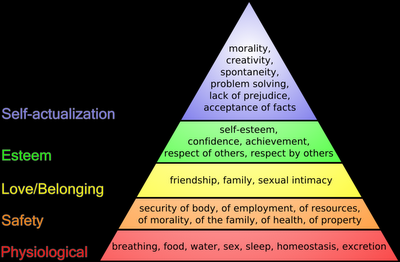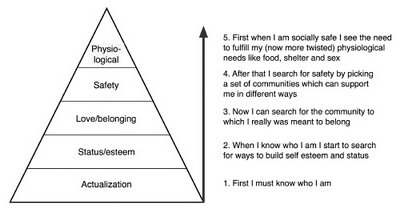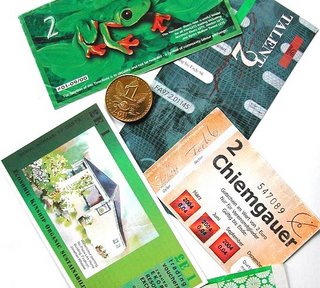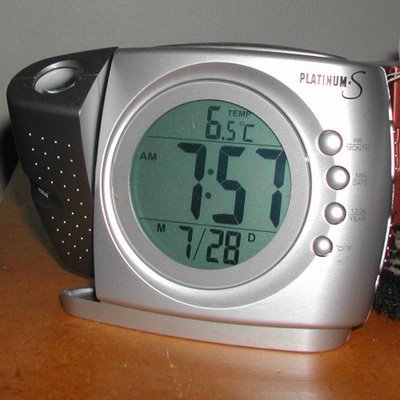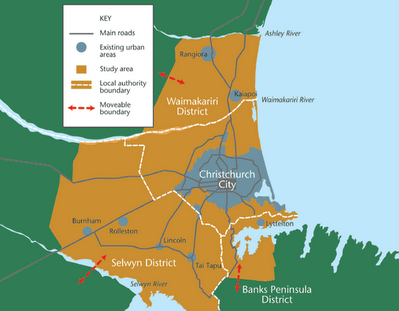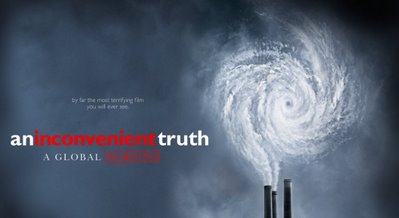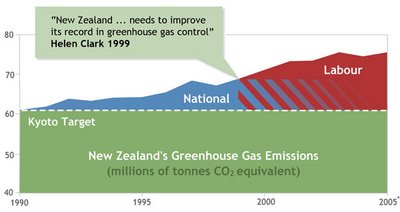Tomorrow is the International Day of Climate Change
It seems that now almost everyone agrees that climate change is an issue. The question is now what and how much we need to do about it. In the UK, the
Stern Report concluded that climate change is bad for business. However, climate activists warn that this 700-page analysis offers a dangerously inadequate and deceptive plan that will lead to inevitable global warming catastrophe if its recommendations are followed. Instead an international commitment to a drastic eg 60 - 90% reduction in emissions would be required.
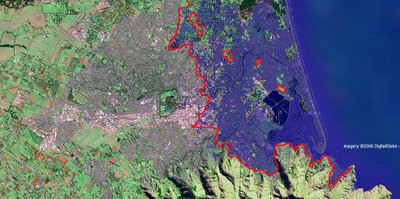
As this picture shows, half of the city of Christchurch, including the area where I'm currently living, would be submerged if the sea rises 7m above the current level. Given that Greenland ice and large parts of Antarctica are melting (because in those areas now already higher than normal temperatures are making themselves felt), seven meters is probably no exaggeration. Did you want to know how your area might look like? Go here:
http://flood.firetree.net/One of the solutions that is talked about a lot is called '
Contraction and Convergence', however, I'm having my doubts that we will be able to reach an international consensus that will achieve such a feat.
My conclusion: Move to higher grounds! The major (and minor) governments of this world will probably not do anything before it is too late (and many say it is too late already). Maybe this is just basic human nature, the need to feel our personal lives threatened before we act. The majority (nor even a sizeable minority) has risen yet to a consciousness that cares for the globe and Life as a whole and that would make us do something NOW.
Money is still the holy cow, and valued way above Life. No wonder, most people still don't know the inner workings of our money system and what its core responsibility for the climate change disaster is we are approaching.


